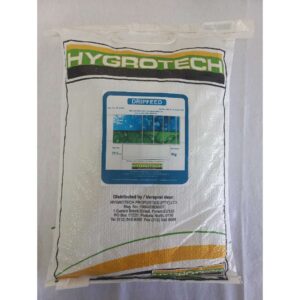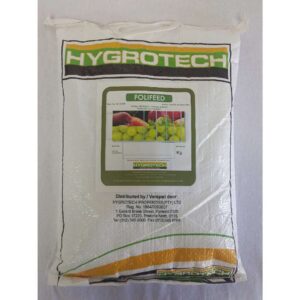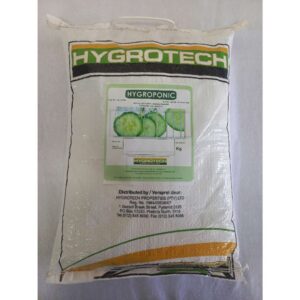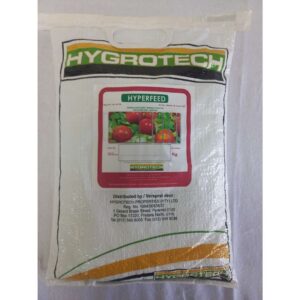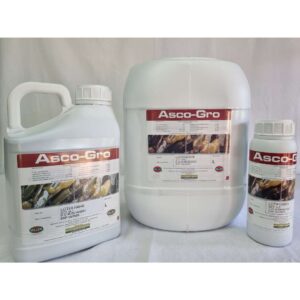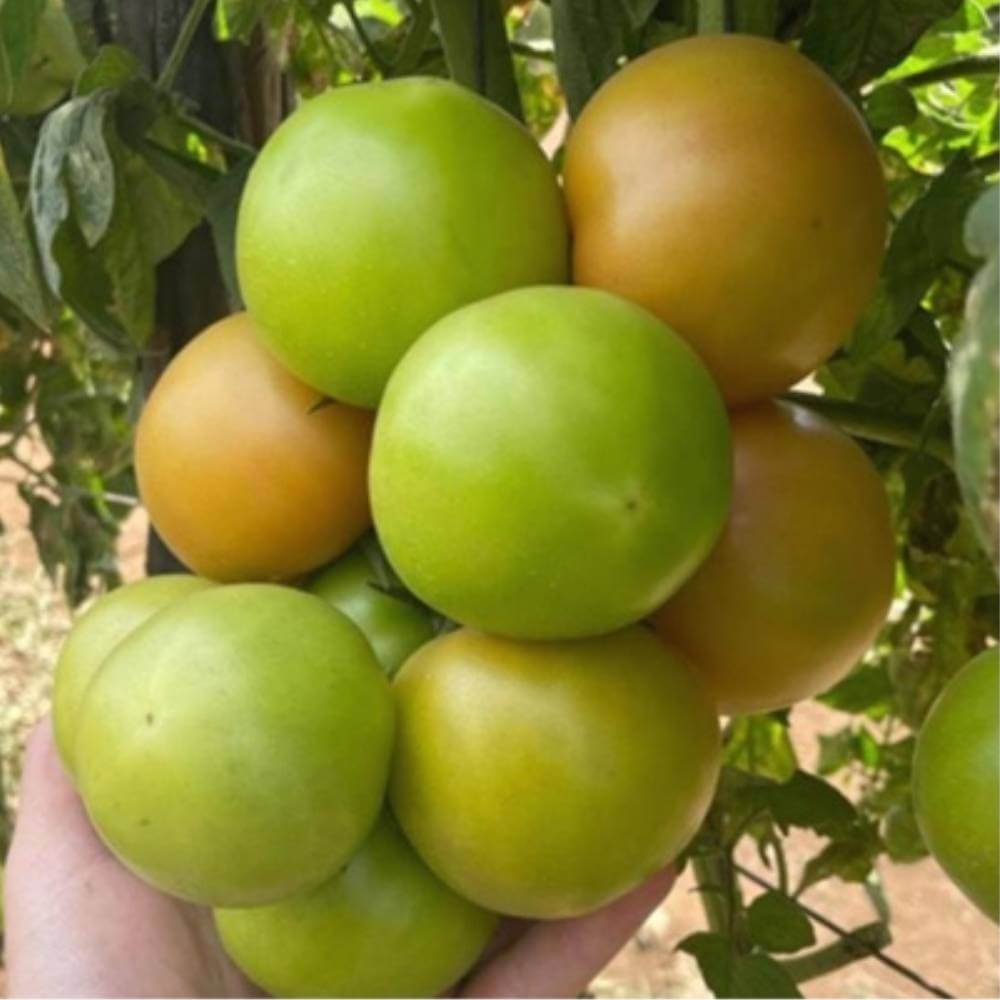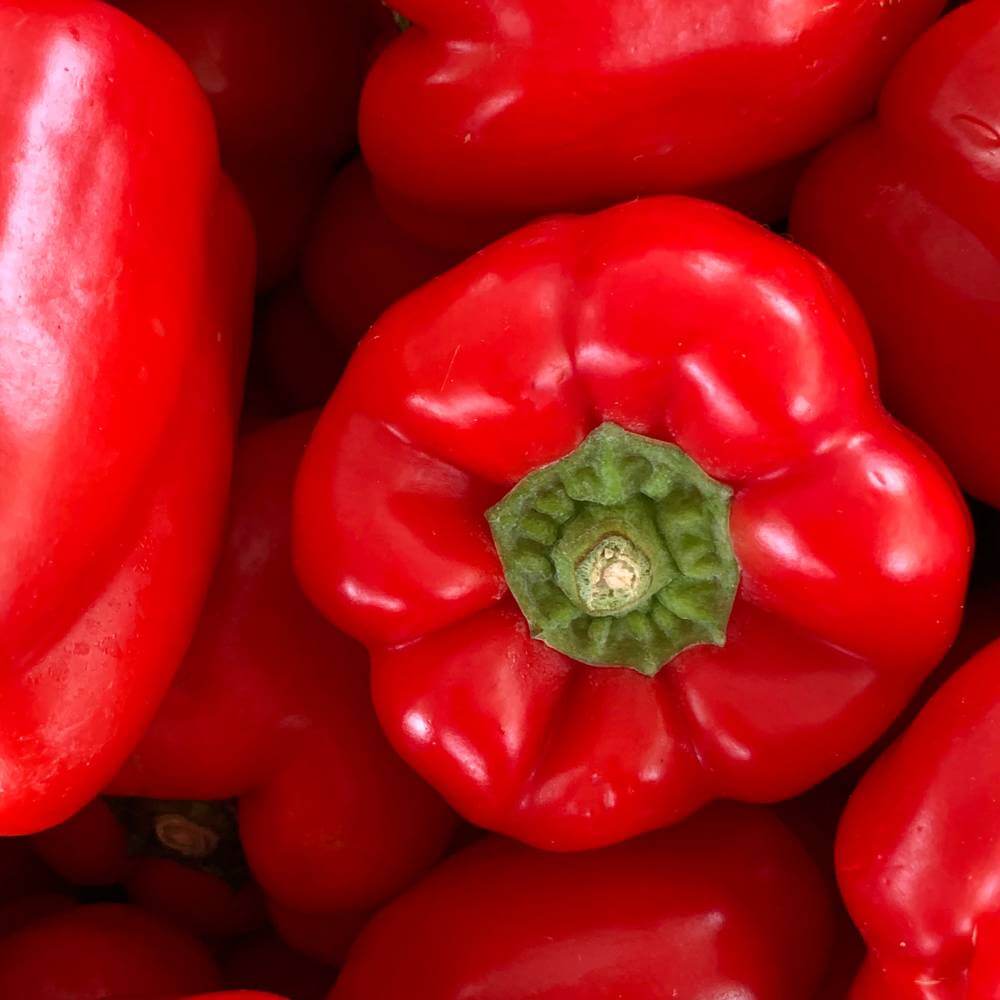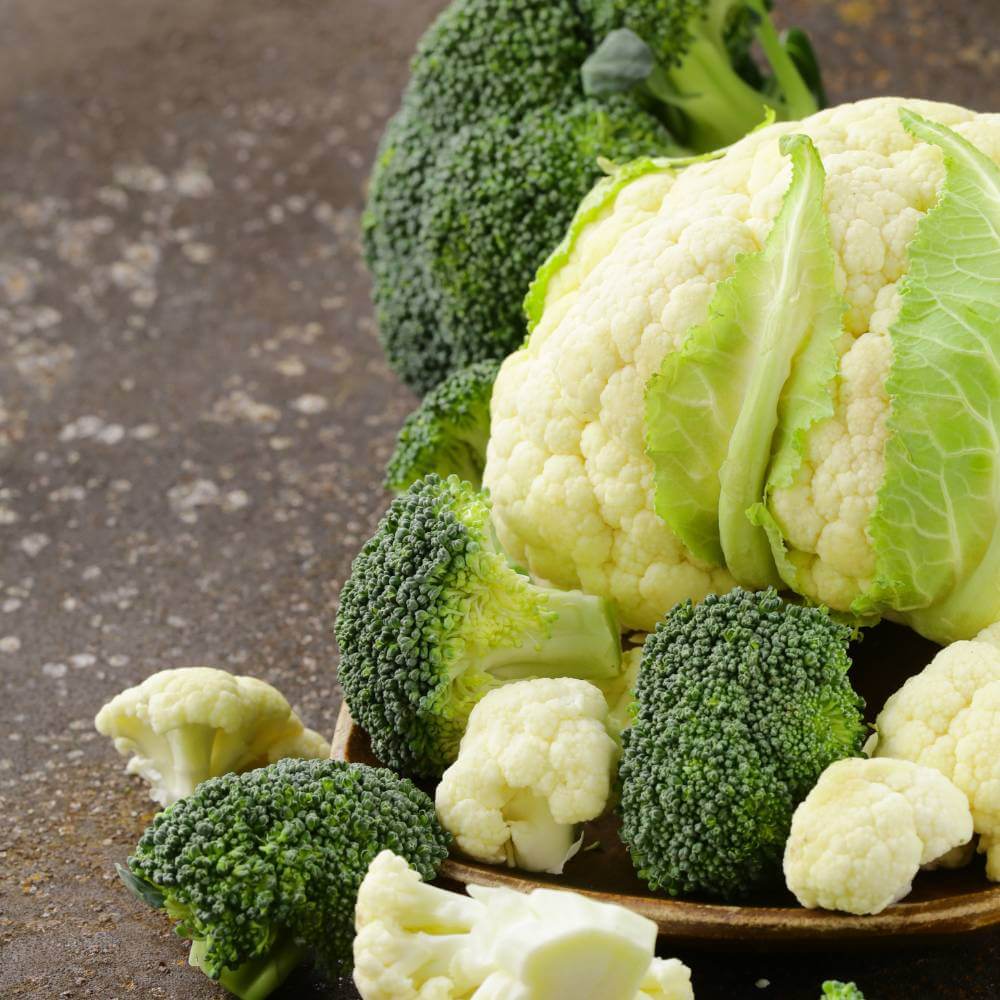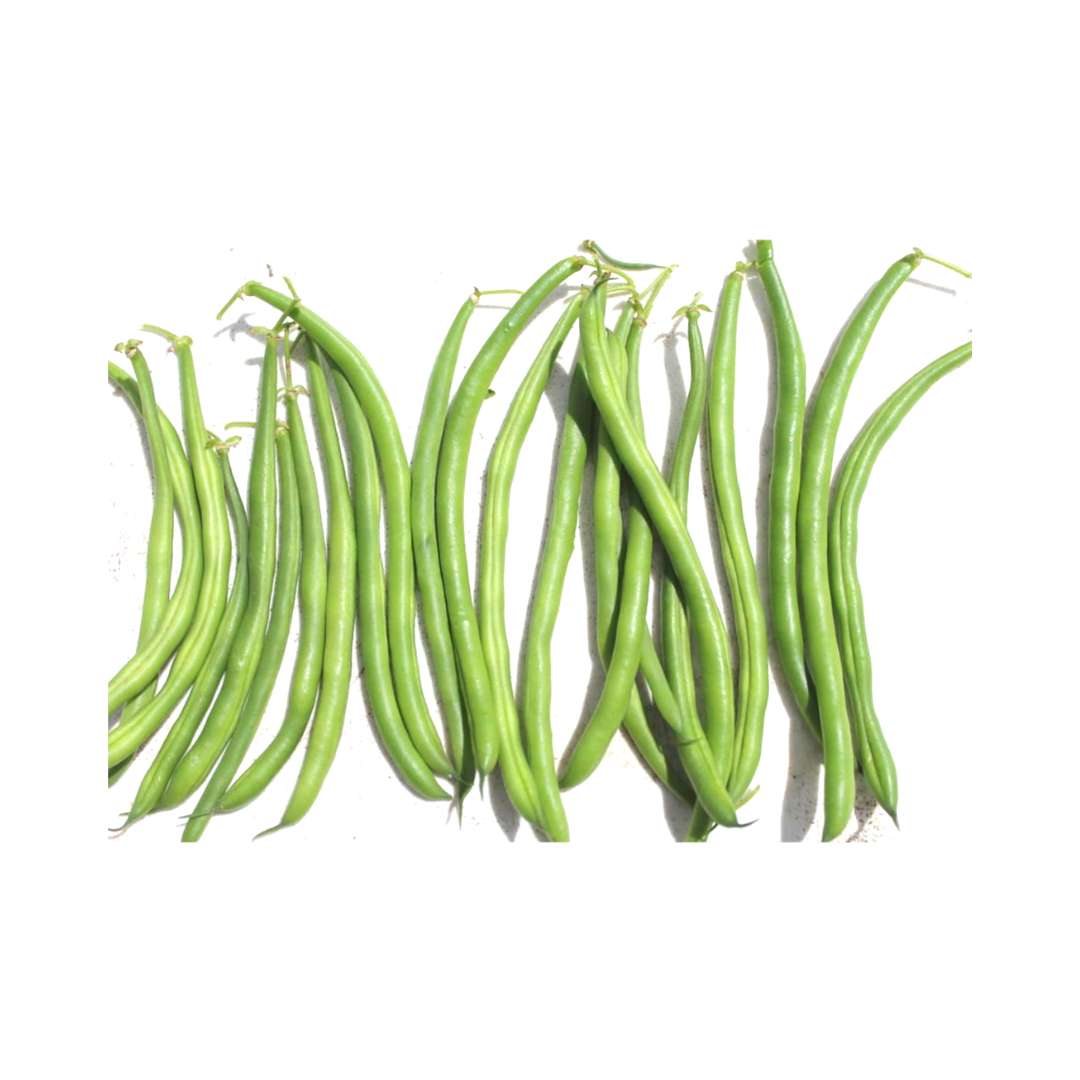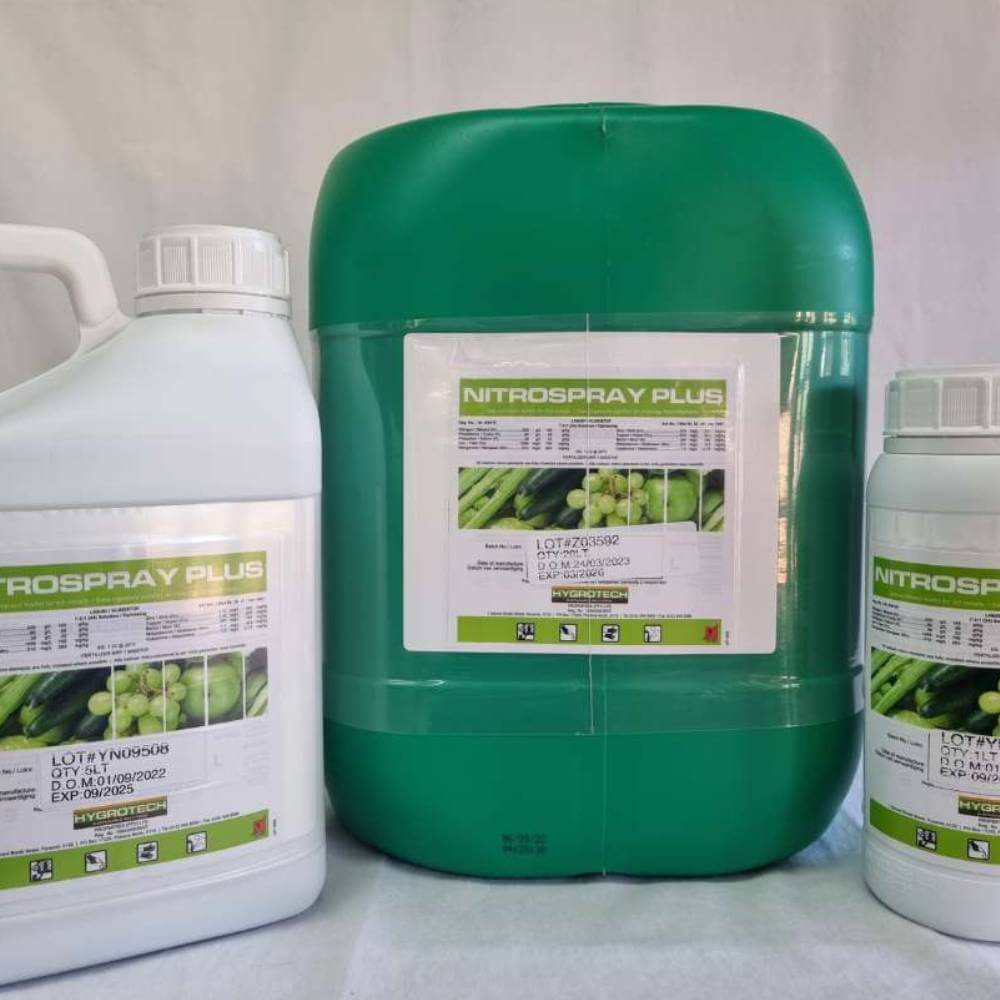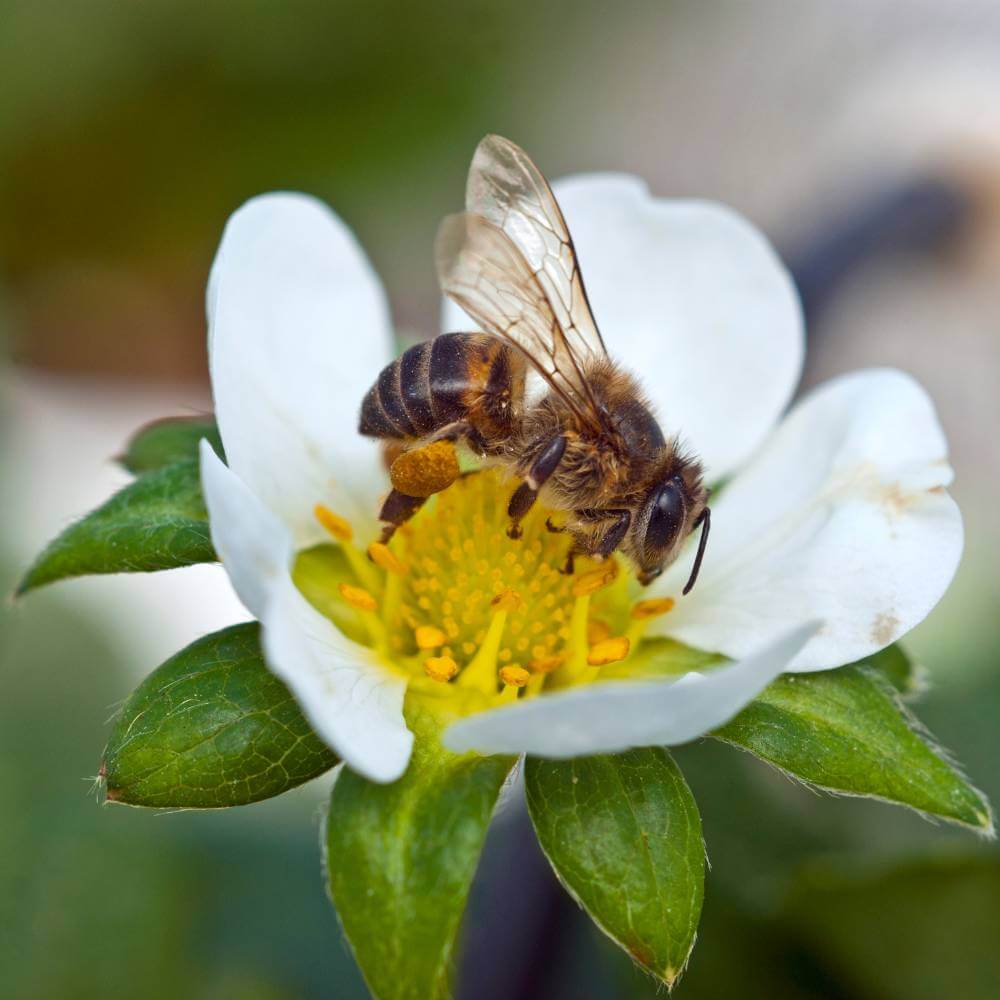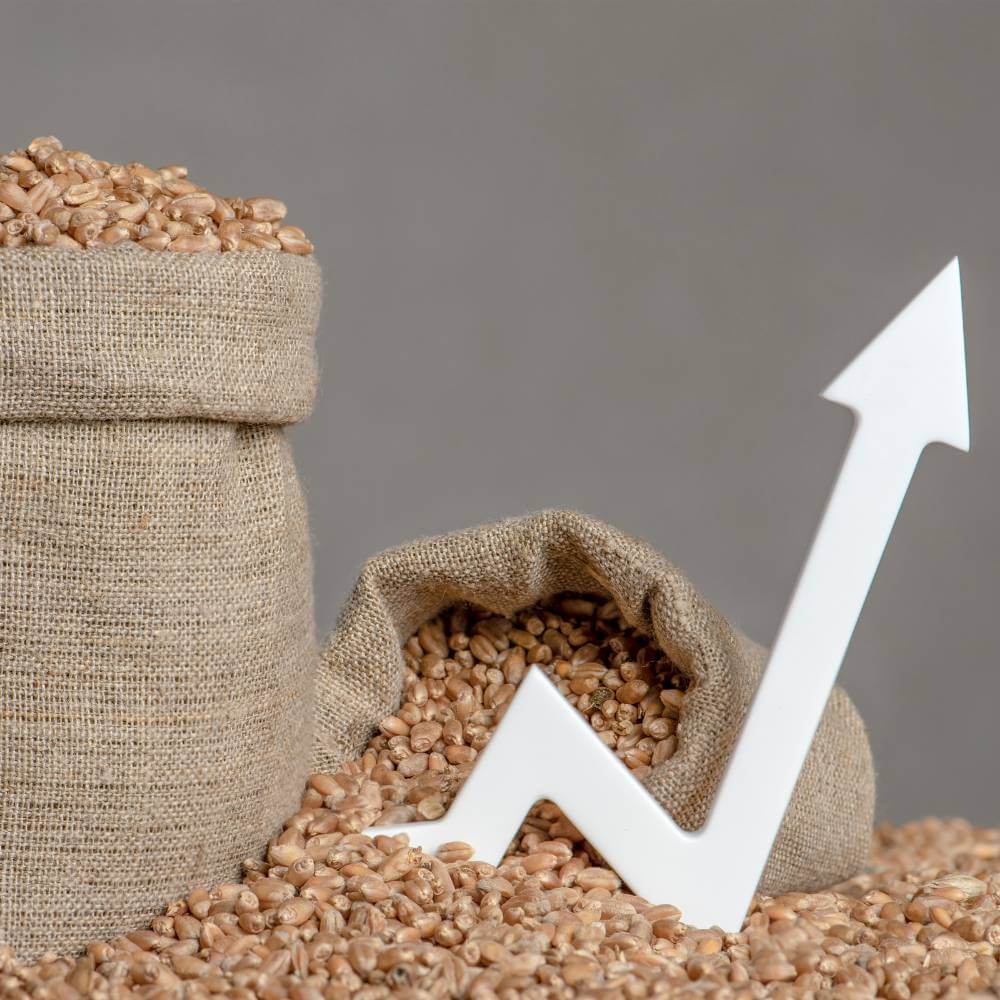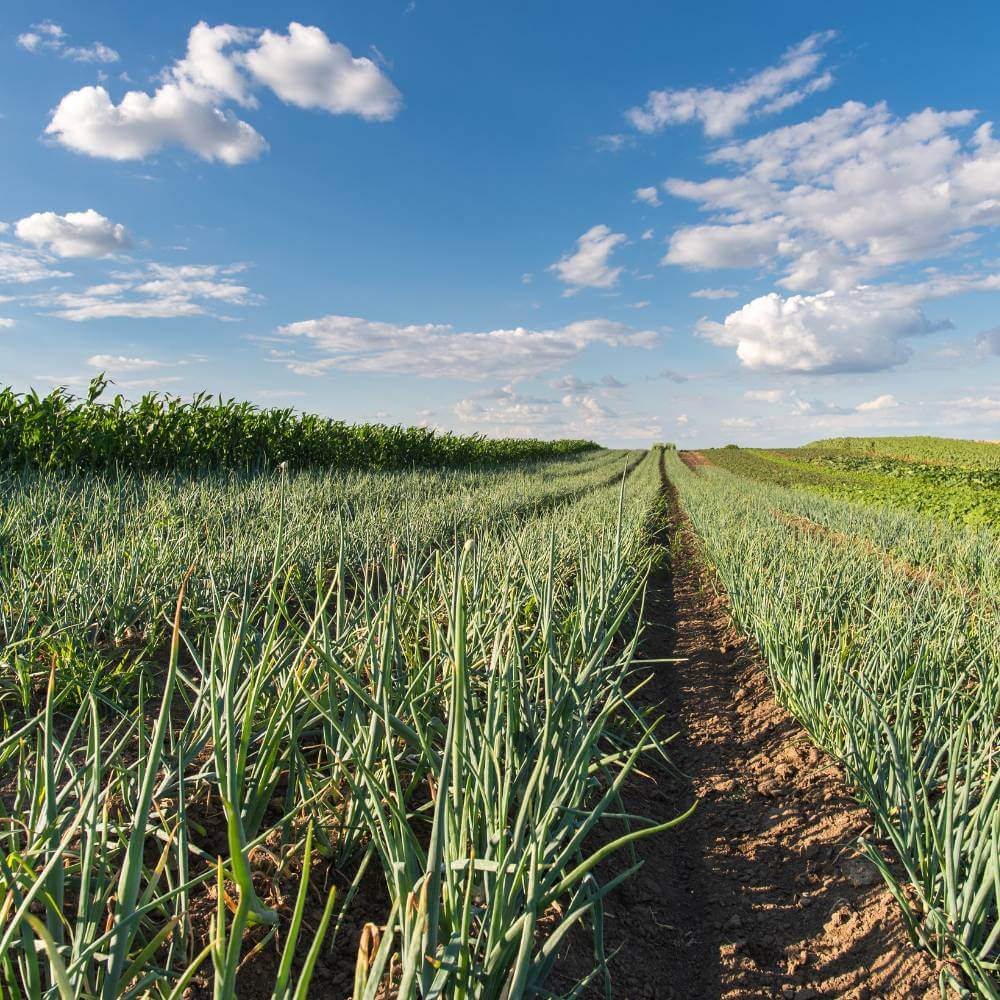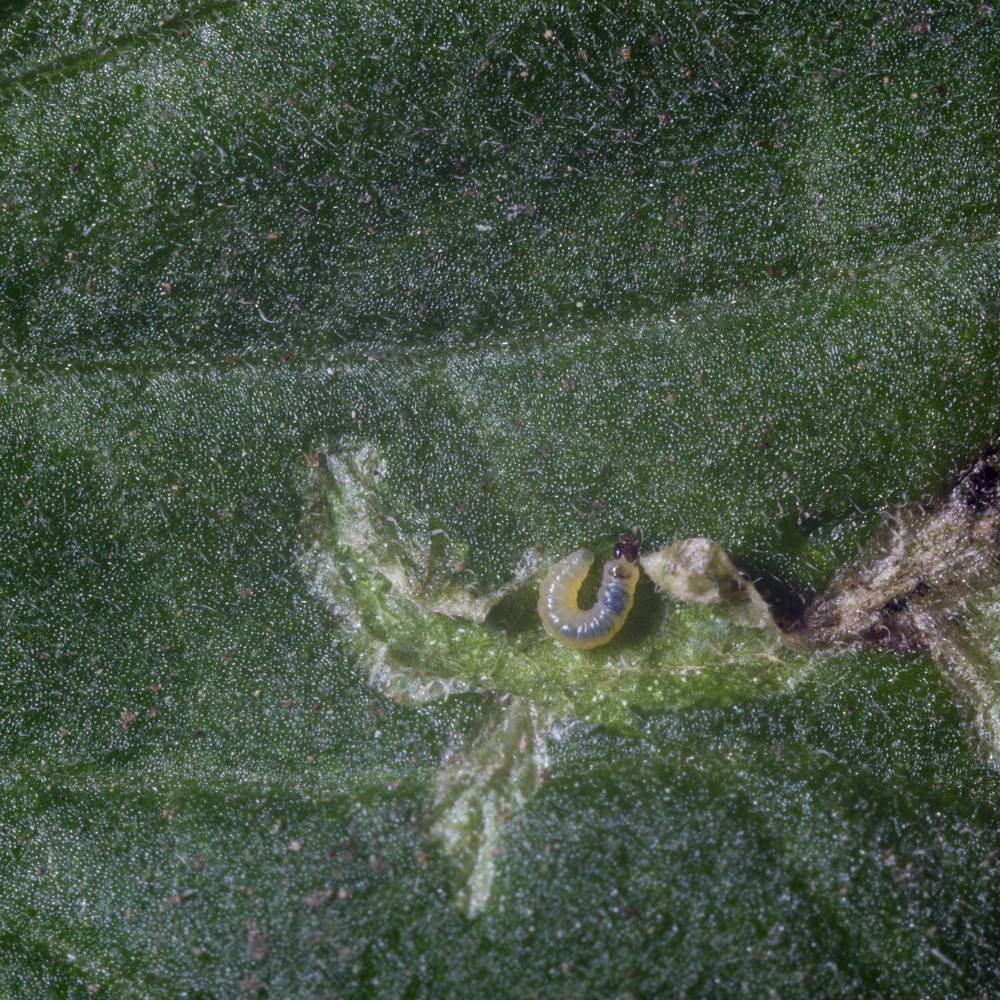Introduction
Recent editions of Hygrotech Forum (Volume 1 2019 and Volume 2 2020) reported on the successful inclusion of Asco-Gro (Reg. no. K6714 of Act 36 of 1947) during the reproductive growth stage of soybean production. Asco-Gro consists of kelp extracts (with amino acids and carbohydrates) which is combined with macro nutrients (N, P and K) as well as chelated secondary nutrients (Mn, Ca, Mo, Ca and Fe). The product is manufactured in the USA by MillerTM Chemical & Fertilizer, LLC and has been reported to have the following benefits:
- Enhancing fruit set.
- Increasing fruit size.
- Enhancing plant physiological activities.
- Assisting plants against environmental stress factors.
In recent years South African citrus producers also reported the successful inclusion of Asco-Gro as part of their total fertigation practices during production. Due to these various successful commentaries Miller and Hygrotech decided to investigate the use of Asco-Gro during citrus production and especially during growth stages known to be physiologically challenging, namely flowering and fruit drop. This research is reported below.
Trial information
Location

- The trial was conducted during the 2020 – 2021 citrus production season on the Karino Citrus Estate near Nelspruit in the Mpumalanga Province of South Africa.
- A Midknight Valencia orange (on Swingle citrumelo rootstock) orchard was used (planted November 2014).
- Trees are spaced 2.5m within the rows and 6 m between rows. The orchard is micro irrigated.
Treatments

- The trial consisted of 4 treatments (Table 1). The control treatment refers to commercial fertilization of the grower. The other 3 treatments are in addition to the commercial fertilization.
- Each treatment had 10 replicated plots. A replicated plot consisted of 3 adjacent trees. The middle tree was used as a data tree, with a buffer tree on each side.
- Applications were conducted with a trailer-mounted, high-volume, high-pressure (2500 – 3000 kPa) sprayer with a hand-held spray gun (Figure 2). The application volume was the equivalent of 5000 L water/ ha.

Table 1: Treatments used the time applied.
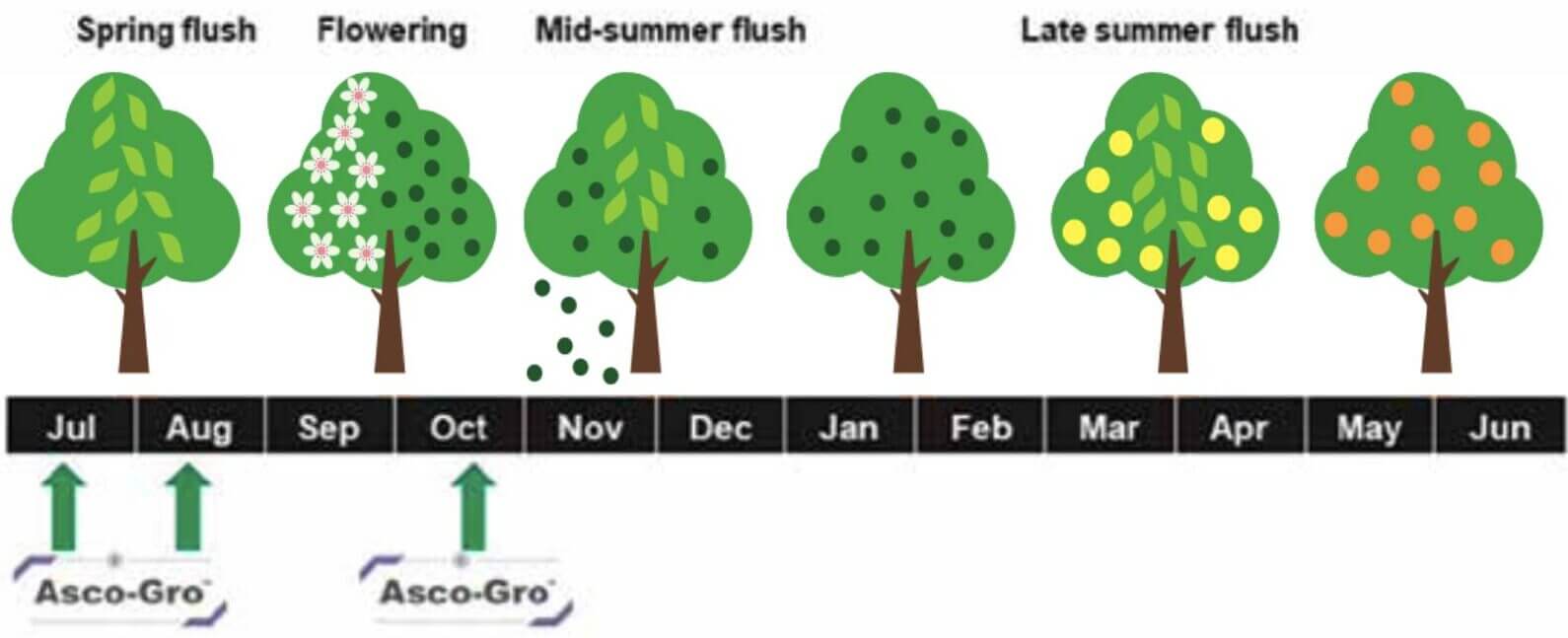
Figure 3: Schematic indication of when Asco-Gro was applied during the trial.
Assessments

Figure 4: Trailer mounted fruit sizer.
- At commercial maturity (3 August 2021), all fruit from each data tree from each treatment was harvested and counted.
- A mechanical trailer mounted fruit sizer (Figure 4; supplied by Citrus Research International) was used to divide the fruit from each tree into the following size categories: less than 48, 48, 56, 72, 88 and 105. Size categories represent the average number of fruit to fill a 15 kg export carton. Thus, the lower the number of the size category, the bigger the fruit.
- Average yield per tree (for each treatment) was calculated by multiplying standardized weight factors (in kilogram) with each of the fruit within the various size categories per tree (Table 2). The calculated average yield per tree was multiplied with 349 (trees per hectare) to calculate the average yield per hectare for each treatment.

Table 2: Standardized weight factors in kilogram for various fruit size categories.
Results and discussions
The average number of fruit per tree per treatment is presented in Figure 5. On average the 2 L/ ha and 4 L/ ha Asco-Gro treatments had more fruit per tree than the control and the standard treatment. The Asco-Gro treatments appeared to have a dose response since the average number of fruit per tree of the trees treated with 4 L/ ha Asco-Gro treatment was more than that of the trees treated with 2 L/ ha Asco-Gro. Figure 6 indicates the average number of fruit per fruit size category per tree. It appears that the increased average number of fruit per tree from both the Asco-Gro treatments was due to more fruit throughout each of the fruit size categories rather than more fruit within one particular fruit size or a so-called shift among the fruit size categories. This is confirmed by the average percentage distribution amongst the fruit size categories (Table 3). As expected, Figure 7 indicates that the increased number of fruit across the various fruit size categories calculated to an increase in the average yield per hectare for both the Asco-Gro treatments. The average yield was 20.3 T/ ha and 24.7 T/ ha for the 2 L/ ha and 4 L/ ha Asco-Gro treatments respectively. In comparison the yield of the control was 18.6 T/ ha.

Figure 7: Calculated average yield per hectare for various treatments.

Table 3: Average percentage distribution amongst fruit size categories for various treatments.
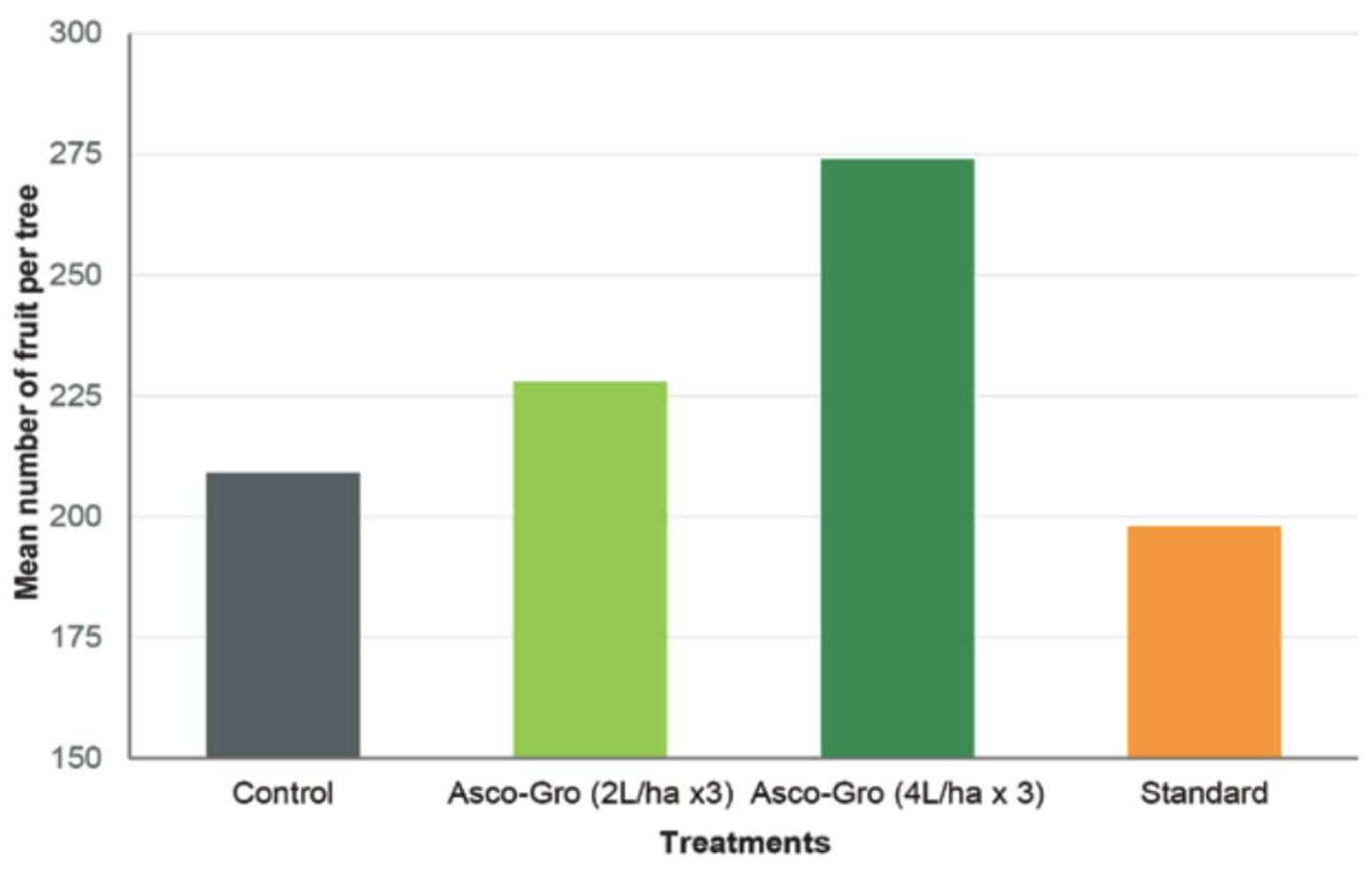
Figure 5: Average number fruit per treatment per tree.
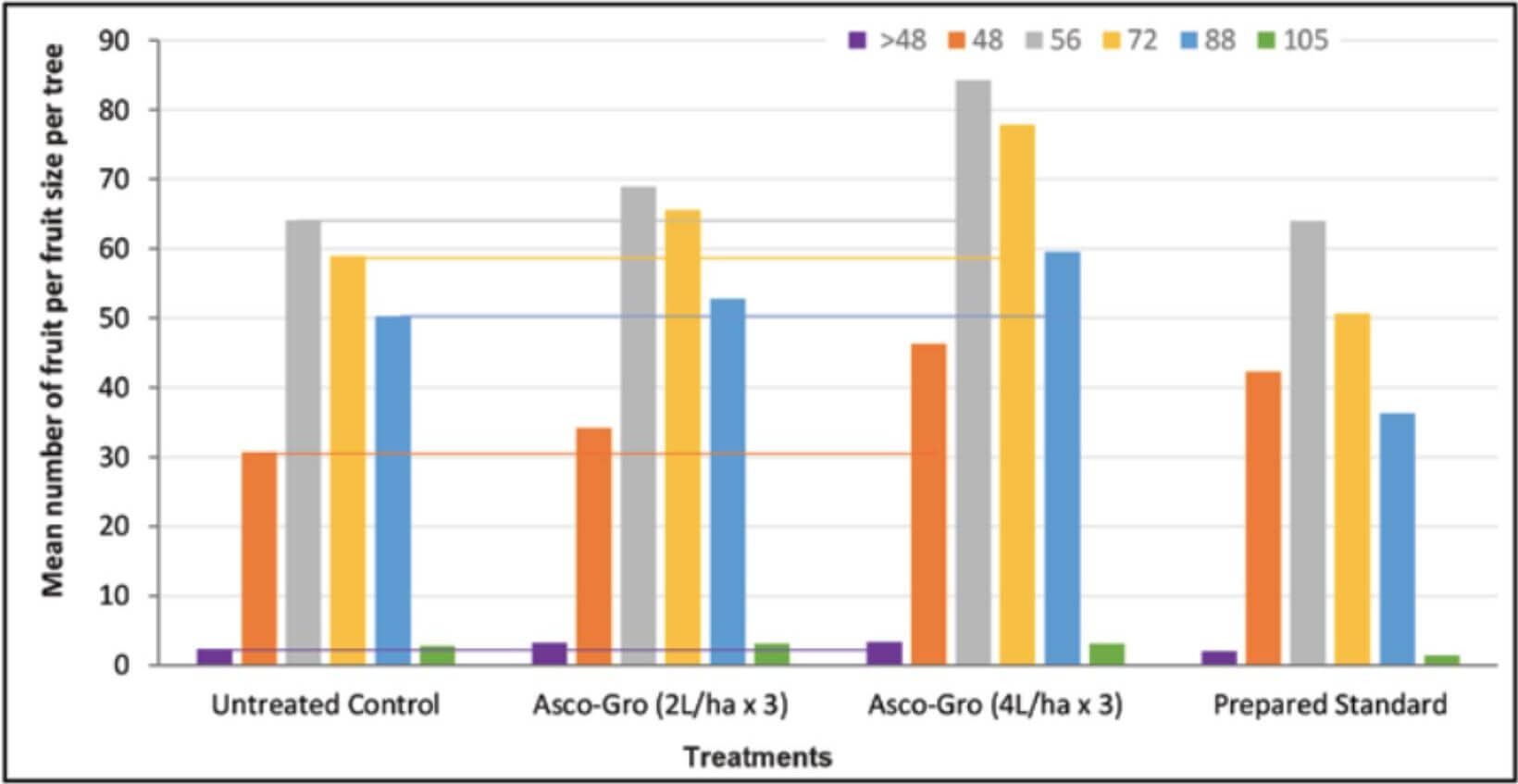
Figure 6: Average number fruit of various fruit size categories per treatment per tree.
Conclusion
The results from this trial indicate that the Asco-Gro treatments applied contributed to an increase in the average number of fruit per tree by increasing the number of fruit within the various fruit size categories. The increased average number of fruit calculated to an increased average yield per hectare where the Asco-Gro treatments were applied.
Written by: Johann van der Vyver (MillerTM Technical Sales Director: Africa Region)


